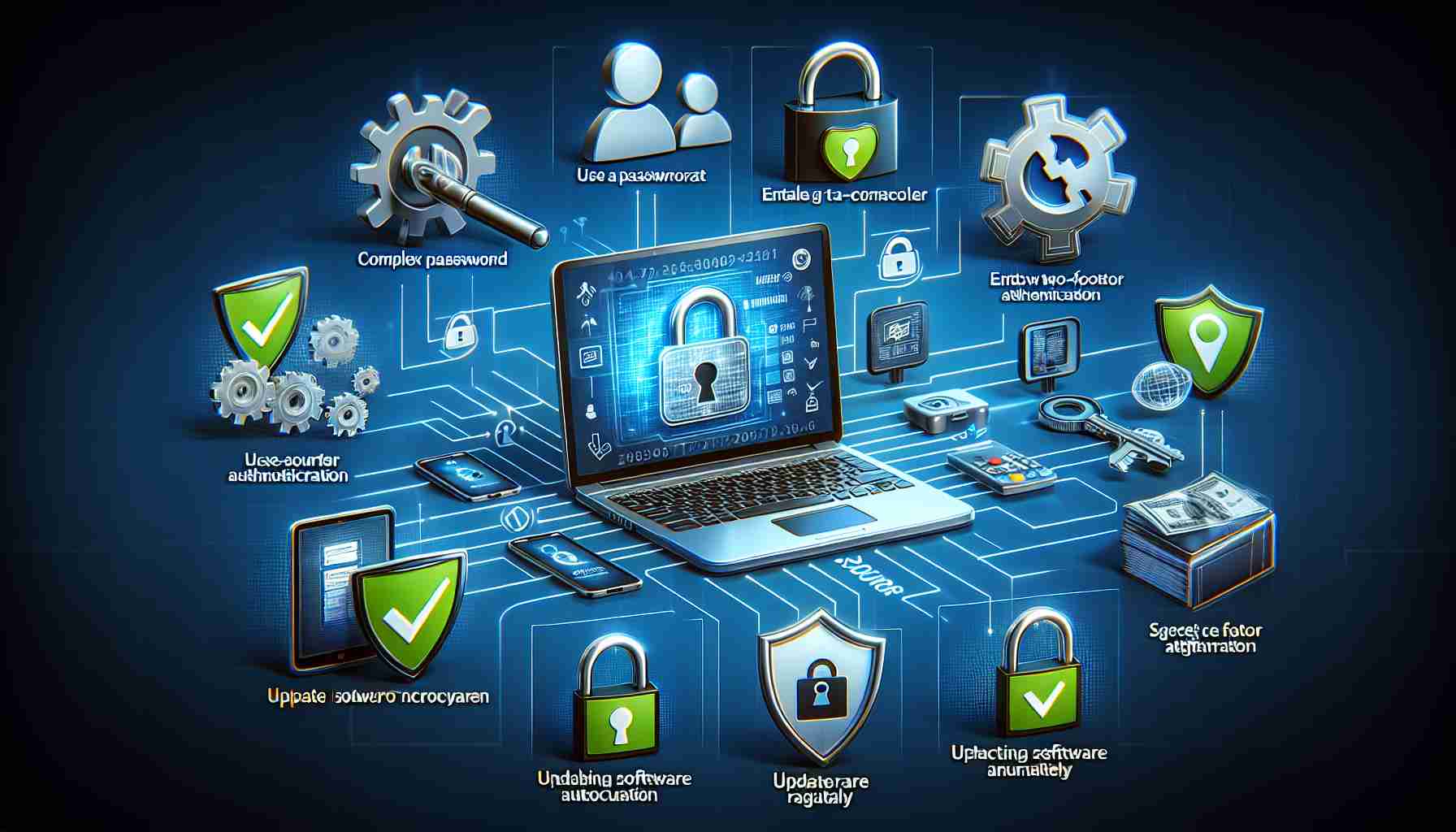In today’s digital era, safeguarding your personal data is of utmost importance. Taking the necessary steps to protect your information can help keep you safe from identity theft and other cyber threats. Here are five essential measures you can take to protect your personal data online:
1. Exercise caution when sharing personal information: Be mindful of the information you share on social media platforms. Avoid providing excessive personal details, such as your place of birth or mother’s maiden name, as these can be used by criminals to gain unauthorized access to your accounts. Opt for stronger security questions, and carefully consider the information you publish online. Additionally, make use of privacy settings on platforms like Instagram and Facebook to control who can see your profiles.
2. Use incognito mode or private web browsers: Enable incognito mode or use private web browsers to keep your search history, temporary internet files, and cookies from being stored. Alternatively, you can utilize anonymous search engines like StartPage or DuckDuckGo, which prioritize user privacy.
3. Limit app access to personal data: When granting access to your personal data, carefully evaluate whether the benefits outweigh the potential risks. If an app requests unnecessary information like your social security number or location, be cautious. Consider whether you can provide less sensitive details, such as your zip code, instead.
4. Exercise control over cookies: Cookies are used by websites to keep you logged in, track your online activities, and tailor advertisements to your interests. If you prefer not to be tracked, you can choose to browse without accepting cookies or only allow essential cookies. Periodically clearing your cookies using the privacy and security settings of your web browser is also recommended. Instructions on how to do this can be found on the respective websites of companies such as Apple, Safari, Firefox, Google, and Microsoft.
5. Customize privacy settings: Take the time to personalize privacy and security settings for the apps and websites you use. By doing so, you can limit the sharing of your personal information and determine exactly who has access to it. The National Cybersecurity Association offers a helpful webpage titled „Manage Your Privacy Settings,“ which provides links to privacy settings for various popular services.
By implementing these measures, you can enhance the protection of your personal data online. Remember to stay vigilant and continually educate yourself on the best practices for safeguarding your information. For more information on data protection, visit defendyourdata.wvu.edu.
FAQ:
Q: What personal information should I be cautious about sharing online?
A: It is advisable to be cautious about sharing excessive personal information online, such as your high school, place of birth, or mother’s maiden name. These details can be exploited by cybercriminals for malicious purposes.
Q: Are there any alternative web browsers I can use to protect my privacy?
A: Yes, you can use private web browsers or enable incognito mode in your browser settings. You can also opt for anonymous search engines like StartPage or DuckDuckGo.
Q: Should I grant access to my personal data when using apps or websites?
A: Only grant access to your personal data if the benefits outweigh the potential risks. Be cautious if an app requests unnecessary information, and consider providing less sensitive details, like your zip code, instead.
Q: How can I clear cookies and enhance my privacy?
A: To clear cookies, navigate to the privacy and security settings of your web browser. Instructions can be found on the respective websites of companies such as Apple, Safari, Firefox, Google, and Microsoft.
Q: How can I customize my privacy settings on apps and websites?
A: Take advantage of the privacy and security settings offered by the apps and websites you use. Customize these settings to limit the sharing of your personal information and control who has access to it. The National Cybersecurity Association’s webpage, „Manage Your Privacy Settings,“ provides useful links to privacy settings for popular services.
The source of the article is from the blog oinegro.com.br
